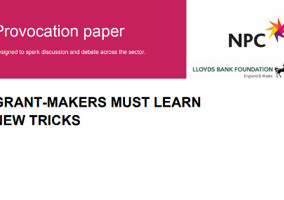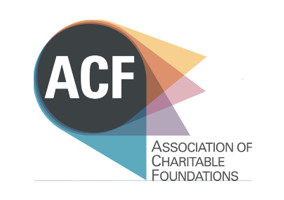Charitable foundations have been urged to take more risks, improve relationships with grantees and improve processes, in a report out today.
In its research Duty to Care? How to ensure grant-making helps and doesn’t hinder, The Institute for Voluntary Action Research has called upon foundations to make improvements in three areas to help charities prosper.
It said that foundations have more resources than service delivery charities and therefore are in a better position to take risks such as investing in new projects. It also said charities should improve processes by trimming bureaucracy and recommended improving relationships as a way to foster “mutual understanding”.
“Through the simple act of engaging directly and listening, funders are able to reach over the barriers that their processes can create and learn about the everyday reality of the organisations they fund,” the report said.
According to the research, foundations can increase pressure on charities “to do more for less” due to time lags in decision making and outcomes charities do not agree with and inflexibility.
The research said that improving in these three areas would help charities overcome this, and other issues IVAR said they routinely face, such as good commissioning and procurement, leaders having too much work and less time to make decisions, maintaining the media and public’s calls for increased transparency.
The new investigation comes as a follow-up to a study IVAR conducted in 2012 to examine how charities were adapting to austerity. The new study concluded that the challenges posed by austerity then are still valid now but added that “the scale and uncertainty of change is qualitatively different because of its pace and unpredictability”.
Funding relationships 'ulitmately positive'
Despite the problems outlined, the research said that funding relationships were ultimately “positive”, with foundations investing more time to learn about the specificity of needs of different organisations.
It said: “On the whole the experience of applying to foundations has been fairly positive.”
In this study, IVAR surveyed and interviewed 25 small to medium voluntary organisations. The research was supported by recruitment consultancy Saxton Bampfylde.
It also highlighted the need for foundations to be more realistic about expected outcomes, to improve funding and give voluntary organisations more of a voice.
“More than anything else, foundations can support organisations by providing long-term, core and continuation funding,” it concluded.












